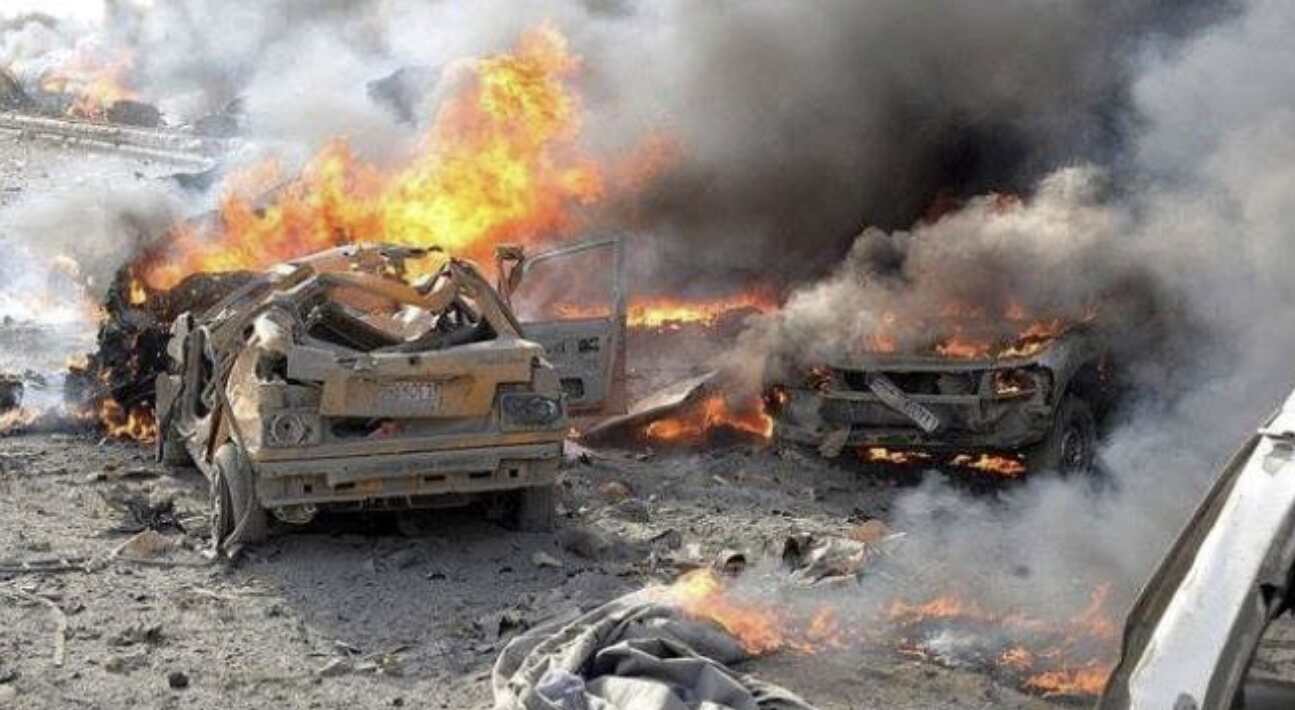Tragic Suicide Bombing in Northwestern Pakistan Highlights Escalating Violence and Urges Cross-Border Cooperation
Suicide bombing in Pakistan's Bannu district that resulted in the death of nine soldiers. It highlights the escalating violence in the region and the presence of extremist groups. The need for cooperation between Pakistan, Afghanistan, and international partners to address the security challenge is emphasized.
In a tragic incident on August 31, a suicide bomber on a motorcycle targeted a convoy in the Bannu district of northwestern Pakistan, resulting in the death of nine soldiers and the injury of five others. This attack is a grim reminder of the escalating violence in Pakistan's restive northwest region, which shares a border with Afghanistan. The military's public relations wing announced that security forces had cordoned off the area after the attack. However, no group has claimed responsibility for the bombing thus far. It is worth noting that this is not an isolated incident, as the region has witnessed a surge in attacks over the past year following the breakdown of talks between the government and Islamist militants.
9 Pakistani security personnel killed while 20 injured in a motorcycle suicide bombing that targeted a convoy of the security forces in Mali Khel area of Jani Khel, Bannu Division of Khyber Pakhtunkhwa. Suicide bombing by Snakes that were nurtured by Pakistan in their backyard. pic.twitter.com/FlUW5UdJgB
— Aditya Raj Kaul (@AdityaRajKaul) August 31, 2023
The recent increase in militant violence has raised concerns about the presence and activities of various extremist groups in the area. While there has been no immediate comment from the army, suspicion points towards the Pakistani Taliban, which has intensified its attacks on security forces since 2022. Authorities believe that these insurgents have found safe havens in Afghanistan, where they have been living openly since the Taliban takeover. Bannu, located near the former stronghold of North Waziristan, has been a hotbed of militant activity in the past. Despite the army's announcement of clearing the region of militants, occasional attacks continue, raising concerns of the local Taliban regrouping in the area.
The Pakistani Taliban, also known as Tehrik-e-Taliban Pakistan, is a separate group but maintains ties with the Afghan Taliban. Pakistan's capital, Islamabad, has witnessed a dramatic rise in militancy since the Taliban's return to power in Afghanistan. The border regions have become particularly vulnerable to attacks, with militant organizations using the unpoliced border to evade detection and launch assaults. The relentless violence has put the country's security forces at risk, as evidenced by this attack on the military convoy.
The aftermath of the bombing has prompted caretaker Prime Minister Anwaar-ul-Haq Kakar to condemn the act as a cowardly terrorist act. It is crucial for the Pakistani government to address the growing security situation, along with the worsening economic downturn and political turmoil. As the country prepares for upcoming elections, the focus on restoring peace and stability should be a priority. With extremist groups like the Tehrik-e-Taliban Pakistan and the Islamic State group actively operating in the country, Pakistan must take decisive action to mitigate the threat they pose.
The military clearance operations conducted in recent years have helped restore order, but the return of Taliban authorities in Afghanistan has emboldened militants in Pakistan's tribal areas. It is imperative that Pakistan and Afghanistan work together to tackle this shared security challenge. Cooperation between both countries, as well as regional and international partners, is essential in counteracting the menace of terrorism and ensuring the safety and well-being of the people. Only through collective efforts can peace and stability be restored in the region.




